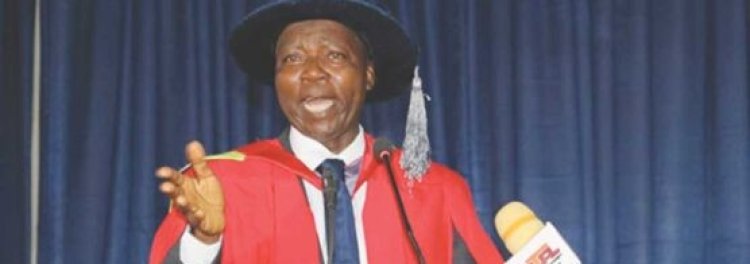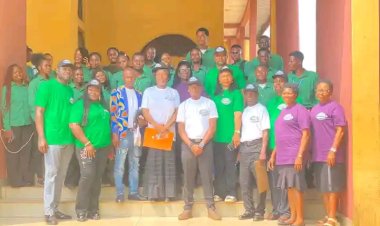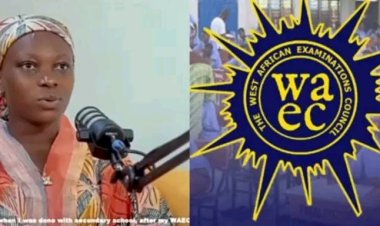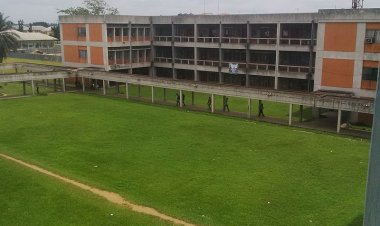OOU Professor Criticizes Low Capacity of Nigerian Universities Amidst Proliferation
Professor Mustapha Arikewuyo of Olabisi Onabanjo University has criticized Nigeria's higher education system for its inability to effectively utilize its expanding number of universities.

In a recent address, Professor Mustapha Arikewuyo of Olabisi Onabanjo University (OOU) criticized the Nigerian higher education system for its inability to effectively utilize its numerous institutions. Speaking during the 110th Inaugural Lecture of the university, Arikewuyo highlighted a significant discrepancy between the increasing number of universities and their inadequate carrying capacities.
Arikewuyo, a researcher in Higher Education Management, delivered his lecture titled “From One to Two Hundred and Sixty-two: Navigating the Sustainability Question in the Proliferation of Universities in Nigeria” at the Otunba Gbenga Daniel Multipurpose Hall. The event, presided over by Vice Chancellor Professor Ayodeji Agboola, attracted a broad audience including academics, traditional rulers, and religious leaders.
Arikewuyo expressed concern over the high number of universities—52 federal, 63 state, and 147 private—compared to the relatively low number of students they admit. According to data from the Joint Admissions and Matriculation Board (JAMB), these institutions fail to admit up to 40 percent of applicants. Arikewuyo questioned whether Nigeria’s expansion of universities is beneficial or detrimental, suggesting that the quality of education could suffer as a result.
The professor noted that past NEEDS Assessments revealed severe deficiencies in teaching facilities, outdated laboratories, and a lack of world-class research amenities. These issues underscore the need for enhancing the capacity of existing universities rather than establishing new ones. He criticized the proliferation, attributing it to policy changes during the military regime and political motivations.
Arikewuyo specifically mentioned the military’s role in initiating the proliferation of private universities through General Abdulsalami Abubakar's administration, which granted licenses to institutions such as Igbinedion University Okada, Babcock University Ilisan, and Madonna University. The trend continued with political figures establishing universities for personal and political gain, exacerbating the issue.
He concluded by urging a reevaluation of the university proliferation strategy and emphasized the need for improved quality and adequate resources to ensure the effective operation of existing institutions.
Professor Arikewuyo’s critique underscores a critical debate in Nigeria’s higher education sector, reflecting broader concerns about the sustainability and quality of university education in the country.

 Chris Oyeoku Okafor
Chris Oyeoku Okafor 



